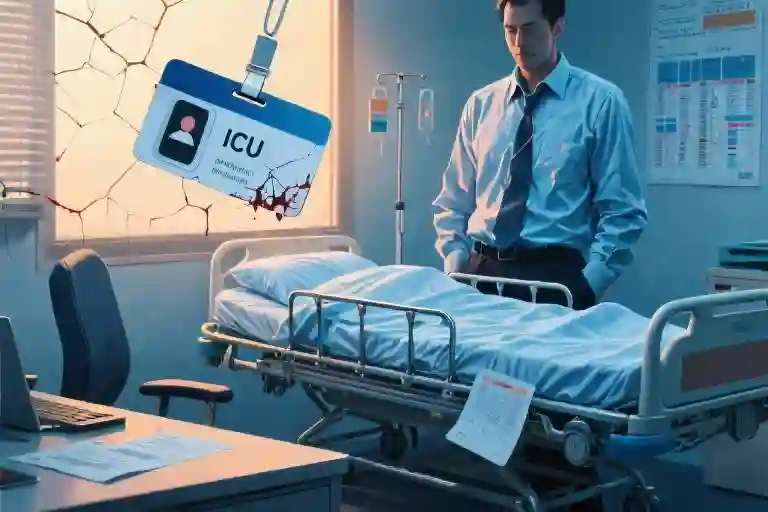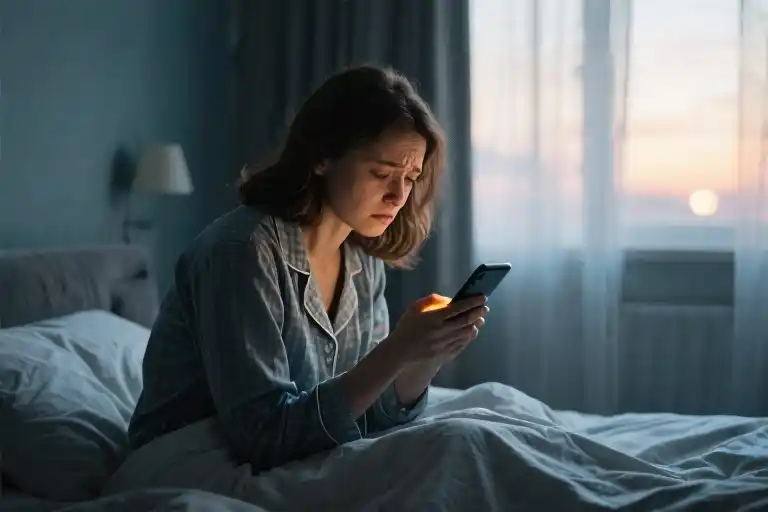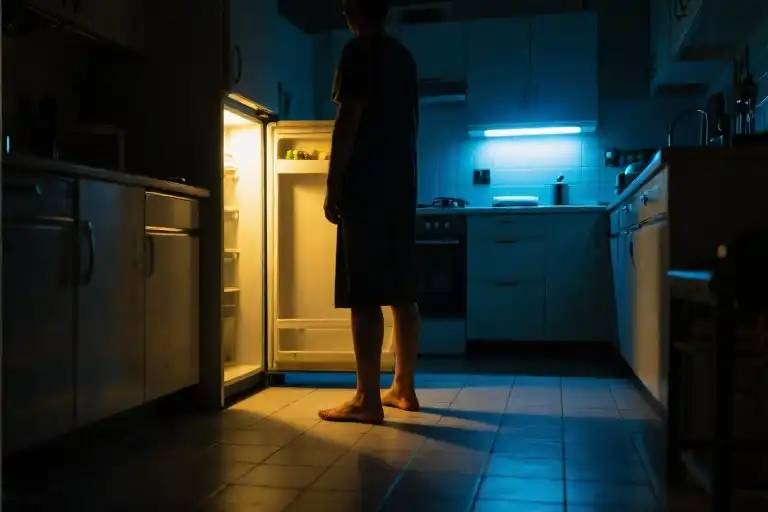The morning light filtered through my half-open curtains as I stood pressing my shirt, the steam iron hissing like an impatient client. This had become my new ritual – the careful creases down the sleeves, the crisp collar points, my grandmother’s tarnished silver tie clip that left gray marks on pale blue cotton. Dressing like an adult felt like wearing a costume during those first weeks of my CA articleship.
Our office reception smelled perpetually of lemon disinfectant and stale printer toner. I’d developed a habit of counting the potted snake plants lining the windowsill (seven) because remembering my seniors’ names proved impossible. ‘Mr. Aggarwal from taxation’ would somehow transform into ‘Mr. Ahuja’ by lunchtime, my mumbled greetings met with polite corrections. The Excel sheets made more sense – at least their errors flashed red rather than raising eyebrows.
That particular Thursday, I’d finally reconciled a client’s bank statement without the worksheet erupting in #VALUE! errors. The satisfaction lasted precisely fourteen minutes. My phone buzzed against the laminated desk protector, the caller ID flashing my cousin’s goofy contact photo – him grinning with a fish half his size at last year’s family picnic. The screen’s glow reflected in my calculator’s display as I swiped to answer, still mentally parsing depreciation schedules.
‘He drank something.’ The words slithered through the receiver, my cousin’s usually booming voice reduced to a frayed whisper. Behind me, two audit associates debated lunch options, their laughter spiking sharply against the staticky silence in my ear. My fingers left damp prints on the keyboard, the unfinished reconciliation file still open, cells B14 to E17 blinking their incomplete accusations. Office sounds telescoped into unnatural clarity – the photocopier’s rhythmic churn, a chair squeaking, someone tapping a bic pen against a coffee mug in 4/4 time.
The #DIV/0! error chose that moment to appear in cell F23, a bright red stain spreading across my meticulous work. I remember thinking how strange it was that Excel could diagnose the problem so precisely – division by zero, the impossibility of quantifying what was happening. My cousin kept speaking, his words dissolving into hospital PA announcements and the metallic clang of a distant gurney. The office air conditioning vent above me exhaled freezer-burned air down my collar as I realized I’d never asked which relative kept a framed CA certificate in their clinic waiting room.
The Jungle Rules of Accounting
The office smelled like stale coffee and fresh printer toner when I walked in that morning. Three weeks into my CA articleship, I’d developed a system – arrive fifteen minutes early to memorize one senior’s name before the daily chaos began. Today’s target: Mr. Kapoor, who always wore mismatched socks. I repeated his name silently while arranging my grandmother’s fountain pen next to the calculator, its brass nib catching the fluorescent light.
Accounting firms have their own tribal language. Seniors spoke in acronyms that made my head spin – ‘AR for Amy, AP for Patel, and never ask about the GL before lunch.’ I kept a cheat sheet taped to my monitor, translating professional jargon into human words. The real test came during tea breaks, when conversations jumped from depreciation methods to cricket scores without warning.
That afternoon, I finally completed my first trial balance without errors. The numbers lined up like obedient soldiers, columns perfectly aligned. For a glorious moment, I understood why people called accounting ‘the language of business.’ Then my eyes drifted to the personal budget spreadsheet open in another tab – rent overdue, student loan payments highlighted in red. The irony wasn’t lost on me: I could balance a company’s books but not my own life.
My grandmother’s pen became my anchor. Its weight felt substantial when signing official documents, the ink flowing smoother than my shaky hands deserved. She’d given it to me with one condition – ‘Sign important things slowly.’ I didn’t realize then how that advice would apply beyond audit reports.
The office hummed with predictable rhythms – keyboards clacking, the photocopier jamming at 11:17 sharp, someone always burning toast in the pantry. These mundane sounds formed a comforting white noise, masking how thoroughly unprepared I was for what came next. My phone buzzed insistently against the wooden desk, flashing a name I normally associated with Diwali sweets and bad jokes. Nothing about that call belonged in my carefully organized spreadsheet world.
The Seventeen Seconds That Shattered
The phone buzzed against the desk with that particular vibration pattern I’d come to recognize – three short bursts, a pause, then two more. My cousin never called during work hours unless it was urgent. I stared at the screen where his contact photo smiled back at me, taken during last year’s Diwali celebrations. The Excel sheet before me displayed a perfect trial balance for the first time that week, all the debits and credits finally aligning like obedient soldiers.
I swiped to answer with my left hand while my right hovered over the keyboard, ready to return to cell C42. ‘Hey, make it quick,’ I started to say, ‘I just got this reconciliation to—’
The sound that came through the receiver wasn’t my cousin’s usual teasing banter. It was ragged breathing, the kind that precedes bad news. In the background, I caught snippets of medical terminology in our regional dialect – ‘stomach pump,’ ‘activated charcoal,’ words that belonged in hospital dramas, not our Tuesday morning catch-up calls. My fingers went cold around the phone.
‘He drank something,’ my cousin’s voice cracked. ‘They’re trying to—’ The rest dissolved into static or maybe my brain refused to process it. Behind me, two associates from the audit team debated whether the projected Q4 bonuses would cover their Maldives trip. Someone laughed at a joke about depreciation methods.
The office suddenly felt like a poorly dubbed foreign film – the visuals of staplers and coffee mugs didn’t match the audio nightmare in my ear. I watched my own hand reach mechanically for the ‘save’ button, this ingrained professional reflex persisting even as my personal world tilted. The computer screen blurred, and I realized I’d stopped blinking.
Three unread messages from my cousin had preceded this call, each timestamped two minutes apart. I’d missed them while cross-referencing ledger entries, that focused state where nothing exists beyond the glow of the monitor. Now those seventeen minutes between the first text and this moment stretched like a lifetime, measured in whatever poisonous substance my uncle had swallowed.
A senior manager walked past my cubicle, nodding approvingly at the open spreadsheets. The fluorescent lights hummed their usual office soundtrack. Everything looked normal, felt normal, except for the voice in my ear whispering about suicide attempts and emergency rooms. I became acutely aware of the disconnect – how crisis operates on parallel tracks, how one reality can collapse while another obliviously continues.
The phone slipped slightly in my sweaty palm. I noticed, with absurd clarity, that I’d left a thumbprint on the screen exactly over my cousin’s forehead in his contact photo. Some distant part of my brain registered that I should clean that smudge later, that professionals keep their devices presentable. The rest of me was drowning in questions I couldn’t voice: What do I say to my boss? How do I explain this during my probation period? Will they think I’m unreliable?
My desk neighbor chose that moment to lean over. ‘Hey, do you have the template for—’ She froze when she saw my face. The spreadsheet before me had gone to sleep, the screen saver flashing our corporate logo in cheerful orange. Somewhere beyond these office walls, an ambulance siren wailed.
The Duality of Survival
The hospital’s automatic doors hissed open with a sound that felt violently out of place. Just two hours earlier, I’d been pushing through the revolving doors at work, that familiar corporate soundtrack of security badges beeping and heels clicking against marble. Now my dress shoes squeaked against linoleum floors that smelled like antiseptic and something deeper, more human.
In the ambulance, I’d absentmindedly started sketching T-accounts on the back of my cousin’s medical forms. The left side for what we owed the universe, the right for what it owed us. Debit the overdose, credit the second chance. My fingers kept twitching for the ten-key calculator usually glued to my palm during work hours.
At the nurse’s station, the glow of their computer screens made me blink. That particular shade of blue-white was all wrong – not the warm amber of our office systems with the firm’s logo in the corner. Someone had taped a handwritten “STAT” sign over the medication cart, the letters leaning like my trial balance did last Tuesday when I’d mixed up the depreciation entries.
The fluorescent lights hummed a different frequency than our energy-efficient office bulbs. Every surface here reflected too much, from the crash cart handles to the IV poles, while our conference rooms were deliberately designed with matte finishes to prevent glare during client presentations. I caught my reflection in a glass cabinet – same crisp shirt from this morning, now wrinkled at the elbows where I’d been gripping them too tight.
My phone buzzed with a Teams notification from the audit senior. The preview showed something about bank reconciliations. The vibration traveled up my arm like an EKG line spiking. For three weeks I’d been training myself to respond to these alerts within minutes, but now the device weighed like a brick in my pocket. The hospital clock’s red numbers pulsed 14:03 – I should have been in the cafeteria explaining pivot tables to the new interns.
A resident walked by clutching a clipboard, her white coat flaring like the pages of my working papers when the office AC kicked on too strong. The parallel was almost funny: both of us keeping people alive through meticulous documentation. Her with drug dosages, me with debit memos. Neither profession prepared us for the moments when the numbers stop adding up cleanly.
When the social worker handed me a stack of consent forms, my thumb automatically went to the bottom right corner where we initial pages at the firm. The gesture felt ridiculous here, where signatures meant something that couldn’t be undone with Ctrl+Z. Somewhere across town, my unattended desk phone was probably lighting up with extension numbers I still couldn’t match to faces. The thought should have panicked me, but all I could focus on was how the nurse’s station keyboard lacked the comforting resistance of my mechanical one back at work.
In the reflection of a monitoring screen, I watched my hand rise to adjust a tie that wasn’t there – I’d left it knotted on the passenger seat of the cab. The realization hit with strange clarity: this was the first time in eighteen days I hadn’t been dressed for someone else’s expectations. The hospital gowns, the scrubs, even the grief on my cousin’s face – they were all brutally, beautifully real in ways my starched collar never could be.
The fluorescent glare of ambulance lights flickered across my glasses like some cruel strobe effect. I stood frozen between two worlds—one foot planted in the sterile hospital hallway, the other still tethered to that ergonomic office chair where I’d left my cardigan draped like a ghost of my former self. My left hand clenched around the office access card so tightly its security alarm started blinking silently, a tiny red eye winking in sync with the ER’s heart monitor beeps.
Somewhere between the accounting firm’s glass doors and this ICU corridor, I’d become a human pivot table—split down the middle between professional obligations and personal catastrophe. The irony wasn’t lost on me that while I’d spent weeks agonizing over balanced sheets, my own life balance had imploded spectacularly. That stupid access card kept pulsing against my palm, its magnetic strip probably encoding all my unfinished audit work between each blink.
Through the glare, I noticed smudged numbers on the back of my hand—hospital room numbers scribbled in the same hurried shorthand I used for client meeting notes. The scent of antiseptic mixed unnervingly with the phantom aroma of office coffee still clinging to my blazer. My phone buzzed again in my pocket, probably the senior partner checking why his 3PM variance analysis hadn’t landed in his inbox. The vibration traveled up my spine like an electric shock.
A nurse rushed past wheeling a crash cart, its metal drawers rattling with the same urgency as the filing cabinets back at work during month-end close. I wondered if ER teams had checklists like our audit programs—if someone was ticking off ‘suicide attempt’ with the same detached efficiency we noted ‘inventory obsolescence.’ My corporate training kicked in absurdly; part of me wanted to ask for their documentation procedures.
The hospital intercom crackled overhead just as my phone lit up with a Slack notification. Two parallel universes of urgency colliding in real time. Somewhere beyond the double doors, machines whirred and hissed like the office printer that had jammed that very morning when I’d fed it wrinkled reconciliation reports. The fluorescent tubes above flickered—once, twice—casting jumpy shadows that made the linoleum floor seem to tilt.
I became hyperaware of the access card’s weight in my hand. That plastic rectangle represented everything I’d worked toward—the late-night study sessions, the grueling exams, the carefully pressed shirts hanging in my cubicle. Yet here in this antiseptic limbo, it felt as substantial as a Monopoly token. The blinking red light seemed to mock me with its rhythmic persistence: Work-life balance. Work-life balance. Work-life balance.
When the doctor finally emerged, his lips moving around words like ‘stomach pump’ and ‘psych evaluation,’ I realized my right hand was still automatically thumb-typing an out-of-office message on my phone. The draft read: ‘Currently reconciling matters beyond the balance sheet.’ I deleted it with something between a sob and a laugh that made the nurse turn her head.
The access card chose that moment to slip from my sweaty grip, clattering to the floor with a sound that echoed like a dropped stapler in a silent open-plan office. As I bent to retrieve it, my vision tunneled momentarily—whether from stress or low blood sugar, I couldn’t tell. The last thing I registered before straightening up was the card’s security photo staring back at me from the linoleum: a grinning version of myself from three weeks ago, blissfully unaware that some equilibriums, once disrupted, don’t come with adjustment entries.





